Make it stand out
How to Fast Well
What we're asking for
When we ask you to fast for 3 days prior to certain feast days, we don't mean you should eat nothing at all for three days. Even the canonically required fasting on Ash Wednesday & Good Friday is not that strict. On those days, the Church requires all Catholics between 18 and 60, under pain of sin, to abstain from meat and to eat no more than 1 full meal and 2 smaller meals. Those 2 smaller meals should be less than a full meal when added together. For example, you could have a small granola bar for breakfast, a full lunch, and a piece of fruit for dinner.
That is a good model to follow for these three days if you wish. If you like, however, you can also think of it like a "mini Lent" and instead pick an alternative to fast from. Meat, sweets, snacks between meals, alcohol, TV shows/Movies, Video Games, Screens, Social Media, etc. You can, if you wish, pick a different thing for each day.
For the sake of maintaining some consistency and unity, however, we do ask that it be a fast; that you actually give up something rather than just adding in extra prayers or charitable practices. Those are of course wonderful, but we are looking for a deliberate act of self denial as a way to conform ourselves more closely to the Cross.
**We want to make it clear that it is not a sin if you skip or "cheat" on these fasts as they are optional, extra devotions.**
The Key Criteria
You can think of this fast according to 3 criteria:
1) Genuinely Sacrificial: Pick something that actually feels like a sacrifice. It isn't really a good "fast" to give up drinking alcohol when you don't drink 9 out of 10 days already. Likewise, if you never eat meat, giving up meat on that day isn't very effective. Pick something that you'll feel so that at least a few times throughout the day will make you pause and say "I kinda wish I could have ___ right now. Ah well, I'm doing it for you, Lord."
2) Sustainable: Especially if you plan to fast from the same thing all three days, try to avoid making it too burdensome. If you have dietary health concerns, don't risk your health with extreme fasts. The goal is to practice self-denial, not make ourselves resentful of God. Also, try to avoid those things which are burdensome to others, especially if they aren't fasting with you. Things like giving up coffee and becoming hard to live with or giving up movies and spoiling a date night with your wife would be examples of unwise practices.
3) Intentional & Prayerful: For each set of fasts, have a specific intention in mind. Or, you can pick an intention for each day. The point of this fast is not for health purposes and it's not about raw willpower. It is an act of prayer. By connecting it to an intention (e.g. the conversion of a loved one), you help to keep it rooted as a spiritual practice.
Bonus: It is also helpful to connect whatever you sacrifice to some sort of gift. For example, if you give up a meal, TV, or social media, consider spending some of that time in prayer. If you sacrifice drinks, desserts, or other luxuries, considering donating the money saved to charity.
The Paschal Fast
The Paschal Triduum (Holy Thursday, Good Friday, Holy Saturday) is a special situation. For the other days, we've asked for fasting leading up to the feast, but this one has fasting in the midst of it. Obviously you have to fast on Good Friday and that has to be the canonical fast. We'd also ask you to fast on Holy Saturday at least until the end of the Easter Vigil. The question is what day to add to make it 3 days. Because Holy Thursday is itself a celebratory day, it's a bit tricky. There are two ways to approach this. Depending on which kind of fast you pick, one or the other might make more sense to you.
- You could fast on Holy Wednesday and treat all day Thursday as a feast.
OR
- If you're sacrificing something food or drink related, you could fast for part of Holy Thursday and make one meal an exception or celebratory meal.
The Feast After
A great way to make a fast more bearable is to have something to look forward to after. This is why fasts have always been connected to feast days. Now, attending Mass is definitely a celebration in it's own right, but our personal lives should echo that celebration. This is why we encourage you to plan ahead and schedule an actual feast of some kind with family and friends: a nice restaurant, something at one of your homes, a parish event. That way, when day 2 of the fast hits and you're a little weary of it, you can look forward to that event.
